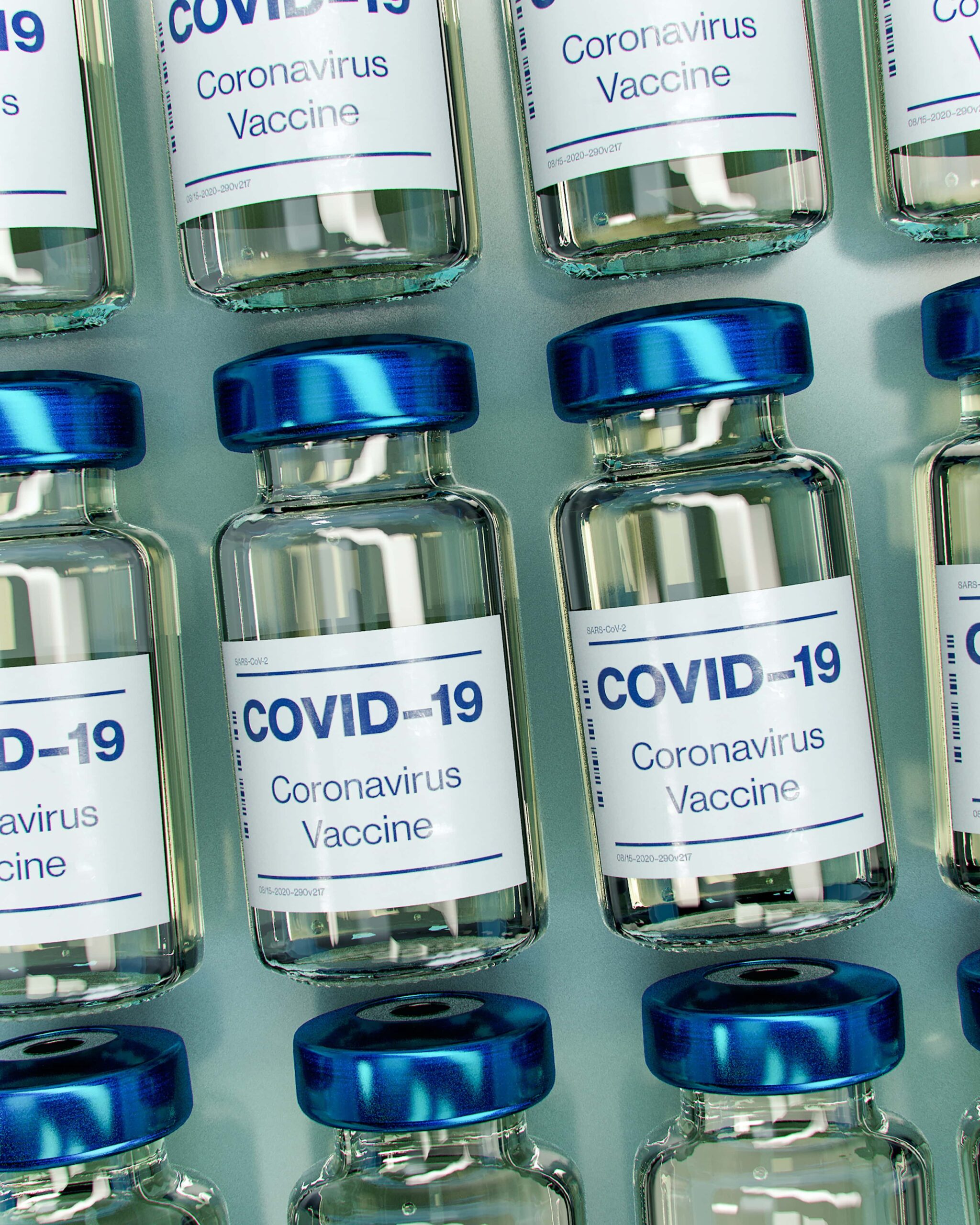Can Governments Decree a Nationwide COVID Vaccine?
21 Feb 2021

Vaccines are necessary within society as preventative medicine. They help us achieve ‘community immunity’; which in turn safeguards public health. In the UK, vaccines are not currently compulsory; but how far can the government go in compromising our autonomy in the name of protecting public health?
The World Health Organisation (WHO) suggests that for herd immunity to be achieved, 95% of the population must be vaccinated. Currently in the UK, routine vaccinations for children and adults routinely fail to achieve this quota. The reasons for low vaccine uptake have been identified as, but not limited to, anti-vaccination campaigns, under-served populations and vaccine hesitancy. This leaves the government with two problems;
- It must ensure that the entire population has easy access to vaccines; and
- It must seek to convince the population to receive the vaccine without breaching human rights.
How should the government approach vaccination programmes in the context of COVID-19?
Would a mandatory vaccination be legal? When considering this question in the context of COVID-19 let us first examine the wider implications of the disease.
The recent constraints on our right to private life, right to education, right to work and freedom of movement and association, have been enforced in the name of protecting our right to life, and subsequently our right to health. The pandemic has been viewed as a health emergency and therefore these measures were tolerated. Despite challenges arguing that lockdown was not justifiable under primary legislation (See Dolan V SSHSC ) these constraints have often been justified with the goal of protecting public health. But how does government strike the balance between public health and human rights as COVID becomes the new normal?
Public Health vs. Individual Rights
Article 8 of the European Convention on Human Rights guarantees the right to respect for private and family life. It is a qualified right however; meaning that there is scope for exceptions such as crime or health. We must therefore determine whether a mandated vaccine would be proportionate means to achieving a legitimate end. We can all agree that the aim of combatting COVID-19 is legitimate, but the crux of the issue lies in whether it is necessary for 100% of the population to be vaccinated against the disease.
A forced vaccine would undoubtedly be a breach of article 8, our right to private life; yet under article 8(2) it can be argued that the importance of public health, by way of a vaccine, trumps this right.
As seen in Storck v Germany, (para 143) even a minor infringement to ones bodily integrity without consent is a breach of article 8. This case further highlights the importance of the positive obligations binding a state to protect its citizens from unwanted interferences into their private lives, such as unwanted vaccines.
However, article 8 does not afford an unqualified and unlimited right to do with one’s body as one wishes. As seen in Acmanne v Belgium, where a law requiring X-rays to be carried out to prevent tuberculosis in children was not found to be a breach of article 8.
 The grey area arises as we ask ourselves how important is it for the entire population to be vaccinated against COVID-19. As is the nature of vaccines, if over a certain threshold of people are vaccinated then the circulation of the disease amongst a few unvaccinated people is immaterial and not threatening.
The grey area arises as we ask ourselves how important is it for the entire population to be vaccinated against COVID-19. As is the nature of vaccines, if over a certain threshold of people are vaccinated then the circulation of the disease amongst a few unvaccinated people is immaterial and not threatening.
So perhaps, we can achieve our aims of combatting COVID-19 with a widely available vaccine that is not forced upon those who deign not to receive it.
Under the International Covenant on Civil and Political Rights the ‘least restrictive’ route should be taken at all costs. So government led encouragement to take the vaccine, perhaps with the implementation of various government sponsored incentives, may prove to be effective enough and could achieve the aim of herd immunity without breaching article 8.
Article written by: Shimon Goldwater and Talia Lerman